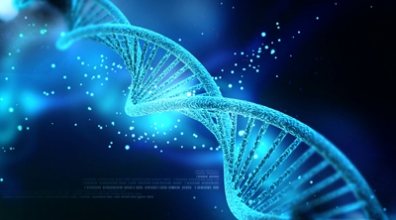A bad story stuck in our genes
Hunger, cold, epidemics, violence - all this is preserved by epigenetic factors, and is transmitted to descendants. This explains many of our strangeness.
Researchers from Tel Aviv University have discovered the mechanism of transfer of life experience of parents to descendants. Experiments in worms C. elegans have shown that viral infections and famine passed on to offspring through epigenetic features, ie uncoded DNA hereditary traits. This small RNAs, which can have a significant impact on the lives, in particular in the descendants provoke increased food cravings, if the parents have experienced hunger.
Worst of all, special enzymes called RdRPs, can be transmitted from generation to generation, even if the negative environmental factor has ceased to act. That is, if the parents go hungry, and their children to live safely, their grandchildren can still continue the thrust to overeating and excessive purchases of products. It is not known how many we have of these mental health problems because of these very small RNA.
Fortunately, nature has provided a mechanism that can periodically turn off the mechanism of inheritance of negative experiences. This function is performed by a special gene called MOTEK. The truth is not yet clear, as in vivo occurs lasting management experience. However, theoretically, the accumulation can be forced off by gene therapy.












